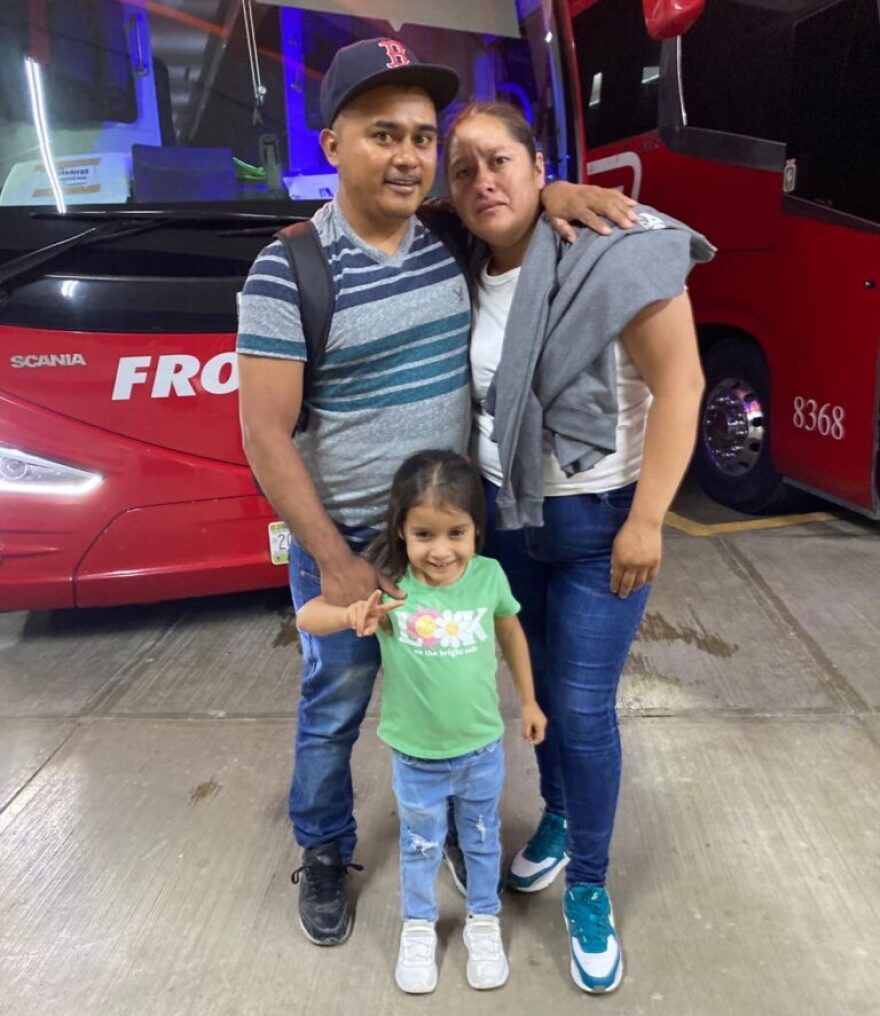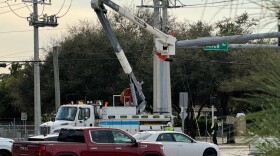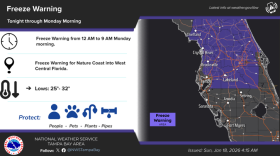
For roughly the past eight growing seasons, Marco Antonio Hernandez Guevara came to the United States from Mexico to help plant and harvest the vast cornucopia of food that feeds a nation.
In late May he finished his seventh contracted project under the country’s H-2A program that allows workers to lawfully enter the U.S. to fill jobs growers cannot find enough workers for.
Hernandez Guevara came to Immokalee recently to start another H-2A agriculture job. It was supposed to be a seven-day-a-week job lasting until June. But something went tragically amiss on Aug. 13, his first day back in the fields for his new farmworker job.
Hernandez Guevara collapsed in the fields, dying eight days later when it was apparent that life-saving measures at North Collier Hospital could not bring the migrant worker back to health. Guevara was declared brain dead.
Through the help of the Mexican Consulate, Hernandez Guevara’s wife was allowed into the United States under a humanitarian visa so she could be near her husband’s bedside.
Reyna Jimenez told WGCU Tuesday that her husband had such promise for his new job. Their last words, she said, were the night before his job in the tomato fields was to begin.
"He was excited to start work in the morning and, you know, make some money so that he can send it home," Jimenez said through an interpreter.
Jimenez is now working with a local immigrant worker rights group and others to send her husband's body home to Rio Verde in the Mexican state of San Luis Potosi.
Jimenez said she has not heard from the farm where her husband collapsed.
Though the official cause and manner of death are still being finalized by the medical examiner’s office, Hernandez Guevara’s death is believed to be the first known heat-related death of an agricultural worker in the region this season, said Laura Vasquez.
Vasquez works with the Coalition of Immokalee Workers' Fair Food Program. She is an attorney working with compliance auditors to assure standards for farmworker conditions are met at participating growers.
Hernandez Guevara’s latest contract was with JAM Farmers LLC. Vasquez said it is not affiliated with the Fair Food Program, a nationally recognized work-driven program meant to ensure workers are treated humanely and given adequate water and shade breaks among other things.
Misael Sanchez, listed on state records as the manager of JAM Farmers LLC, did not wish to answer questions about working conditions when contacted by phone.
Hernandez Guevara arrived at the hospital with a very elevated body temperature, Vasquez said.
His death comes amid a major immigration enforcement measure across the U.S. that is leading to the detainment of many people with permission to lawfully be in this county.
“He did everything according to the books, as far as coming here legally,” Vasquez said.
Vasquez said she is trying to sort out if workers such as Hernandez Guevara were given shade and water breaks while in the fields on Aug. 13. According to commercial weather forecaster AccuWeather, the high in Immokalee on that day was 95 degrees. On any given day in August in Southwest Florida the heat index or what the temperature really feels like, can be between 105 to 115, a meteorologist with the National Weather Service in Miami said.
Regardless if a farm is participating in the Fair Food Program, Vasquez said, “Protections that should prevent this type of thing from happening in the Fair Food Program should be applied to all workers. It doesn't matter -- their status. Anybody who's, who's a human being on a farm and who's working on a farm really shouldn't have to go through this."
According to federal statistics, farmworkers are 35 more times likely to die from heat-related stress than people working in any other field.
“This type of anguish and loss," Vasquez said. "And you know, he left his wife and three small children, and it's really a tragedy that just should not have happened.”
The Rev. Miguel Estrada, a longtime farm labor justice leader in the Immokalee community, has launched a GoFundMe page to help raise funds to support the Guevara family.
WGCU is your trusted source for news and information in Southwest Florida. We are a nonprofit public service, and your support is more critical than ever. Keep public media strong and donate now. Thank you.







